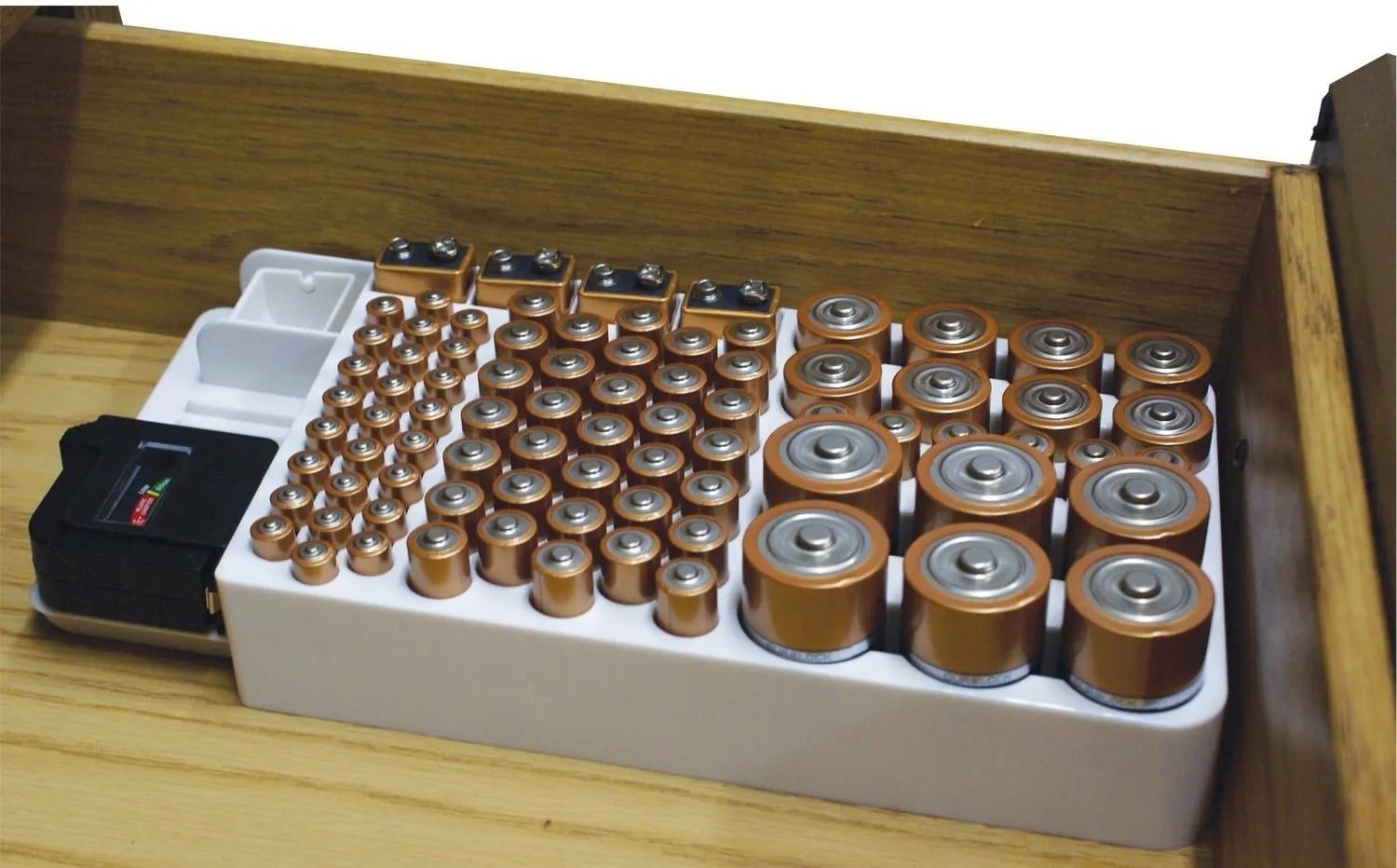

Articles
How To Store 9V Batteries
Modified: January 7, 2024
Learn how to properly store and maintain your 9V batteries with these informative articles. Find tips and tricks to extend their lifespan and ensure optimal performance.
(Many of the links in this article redirect to a specific reviewed product. Your purchase of these products through affiliate links helps to generate commission for Storables.com, at no extra cost. Learn more)
Introduction
When it comes to storing 9V batteries, it’s important to take the necessary precautions to ensure their longevity and safety. Whether you have a stockpile of 9V batteries for emergency situations or simply want to organize your battery collection, proper storage methods are essential. In this article, we will explore the various options available for storing 9V batteries and provide tips on how to keep them in optimal condition.
Storing batteries correctly is crucial not only for preserving their power but also for preventing potential hazards. 9V batteries contain a higher voltage compared to other types of batteries, which means they can potentially short-circuit and cause fires if they come into contact with metal objects or other batteries. By following the recommended storage practices, you can minimize these risks and ensure the safekeeping of your 9V batteries.
Before we delve into the specific storage methods for 9V batteries, let’s first discuss the different types of 9V batteries that you may encounter.
Key Takeaways:
- Proper storage of 9V batteries is essential to prevent hazards and ensure longevity. Options include original packaging, storage cases, organizers, testers, and fireproof containers. Follow safety precautions and dispose responsibly.
- Utilize battery storage cases, organizers, testers, and fireproof containers to keep 9V batteries organized and protected. Follow safety precautions and dispose of batteries responsibly to ensure safety and environmental preservation.
Read more: How To Put A 9V Battery In A Smoke Detector
Safety Precautions
Before you start storing 9V batteries, it’s important to keep the following safety precautions in mind:
- Avoid contact with metal objects: 9V batteries have both positive and negative terminals on the top, and if they come in contact with metal objects like coins, keys, or other batteries, it can cause a short circuit and potentially start a fire. Always store batteries in a way that prevents them from accidentally touching metal objects.
- Keep out of reach of children: 9V batteries, like any other type of battery, pose a risk if swallowed or mishandled by children. Store them in a secure location that is out of the reach of children to prevent any accidents or ingestion.
- Avoid extreme temperatures: High temperatures can cause 9V batteries to leak or even explode, while very cold temperatures can adversely affect their performance. Store batteries in a cool, dry place away from direct sunlight and extreme temperature fluctuations.
- Check for signs of damage: Before storing 9V batteries, inspect them for any signs of damage such as corrosion, leaking, or bulging. Damaged batteries should be properly disposed of and not stored with other batteries.
- Use battery testers: Regularly test your 9V batteries to ensure they are still functional. This will help you identify any weak or dead batteries that need to be properly disposed of.
By following these safety precautions, you can help minimize the risks associated with storing 9V batteries and ensure the safety of both your household and the environment.
Types of 9V Batteries
Before we delve into the storage methods for 9V batteries, let’s first take a look at the different types available in the market:
- Alkaline Batteries: Alkaline batteries are the most common type of 9V batteries available. They are affordable, widely available, and suitable for general-purpose use in devices like smoke detectors, remote controls, and flashlights. Alkaline batteries have a long shelf life and provide consistent power output.
- Lithium Batteries: Lithium 9V batteries are known for their longer shelf life and superior performance in high-drain devices or extreme temperature conditions. They are lightweight and ideal for use in devices like cameras, wireless microphones, and medical devices.
- Rechargeable Batteries: Rechargeable 9V batteries are environmentally friendly and cost-effective in the long run. They can be recharged hundreds of times and are suitable for devices with high power consumption, such as wireless gaming controllers and portable radios.
When considering the storage methods for 9V batteries, it is important to note that the recommendations may vary slightly depending on the type of battery you are using. Now, let’s explore the different storage options that will help keep your 9V batteries organized and in optimal condition.
Storing 9V Batteries in Original Packaging
One of the simplest methods to store 9V batteries is to keep them in their original packaging. Most 9V batteries come in a blister pack or a cardboard sleeve, which provides some level of protection against physical damage.
The original packaging is designed to hold the batteries securely in place, preventing them from coming into contact with metal objects or other batteries. It also helps to keep the terminals covered and insulated, reducing the risk of accidental short circuits.
When storing your 9V batteries in their original packaging, it’s important to consider the following tips:
- Keep the packaging intact: Ensure that the packaging is undamaged and properly sealed. If the packaging gets torn or damaged, it is best to transfer the batteries to an alternative storage method.
- Label the packaging: If you have multiple packs of 9V batteries, it’s useful to label them to identify the brand, expiration date, or any other relevant information. This can help you easily locate and track the battery’s lifespan.
- Store in a cool, dry place: It’s important to store the batteries in a dry and cool location. Excessive heat or moisture can shorten their shelf life and degrade performance.
Storing 9V batteries in their original packaging is a convenient option, as it allows for easy identification and organization. However, if you have a large collection of batteries or prefer a more compact storage solution, there are other methods you can explore.
Using Battery Storage Cases
If you’re looking for a more organized and compact way to store your 9V batteries, using battery storage cases is an excellent option. These cases are specifically designed to hold and protect batteries, keeping them secure and easily accessible.
Battery storage cases come in various sizes and configurations, accommodating different battery types, including 9V batteries. Here are some benefits of using battery storage cases:
- Protection against physical damage: Most battery storage cases are made from durable materials like plastic or silicone, which provide excellent protection against impact or accidental drops. This ensures that your 9V batteries remain undamaged and in optimal condition.
- Preventing accidental short circuits: Battery storage cases have individual compartments for each battery, ensuring they stay separate and don’t come into contact with each other or other metal objects. This significantly reduces the risk of accidental short circuits and potential hazards.
- Easy organization: Battery storage cases typically have labeled compartments or slots, allowing you to organize your batteries by type, brand, or expiration date. This makes it simple to locate and retrieve the batteries you need, saving you time and effort.
- Portability: Many battery storage cases are designed to be compact and lightweight, making them easy to carry around. Whether you need to take your battery collection on a trip or keep it organized at home, these cases offer convenience and portability.
To use a battery storage case for your 9V batteries, follow these steps:
- Open the case and insert your 9V batteries into the designated compartments. Ensure that the terminals align correctly, with the positive and negative terminals facing the appropriate direction.
- Close the case securely, making sure that all batteries are held firmly in place. Check that the case is properly sealed to prevent any accidental openings.
- Store the battery storage case in a cool, dry location, away from excessive heat, moisture, or direct sunlight.
Using battery storage cases not only helps you keep your 9V batteries organized but also provides the added benefit of protection and easy access whenever you need them.
Store 9V batteries in a cool, dry place at room temperature. Avoid extreme temperatures and humidity, and keep them away from metal objects that could cause a short circuit.
Storing 9V Batteries in a Battery Organizer
If you’re someone who likes to keep things tidy and easily accessible, using a battery organizer is a fantastic option for storing your 9V batteries. A battery organizer is specifically designed to hold different types of batteries, including 9V batteries, in a compact and organized manner.
Here are some benefits of using a battery organizer for storing 9V batteries:
- Easy accessibility: A battery organizer typically has individual slots or compartments for each battery, making it easy to see and access your 9V batteries when needed. This eliminates the hassle of rummaging through drawers or containers to find a specific battery.
- Space-saving: Battery organizers come in various sizes and designs, offering options for storing different quantities of batteries. They take up minimal space, allowing you to optimize storage areas like drawers, cabinets, or even mount them on a wall for convenient accessibility.
- Protection from damage: Battery organizers often have built-in features like foam padding or secure locking mechanisms to keep the batteries in place and prevent them from coming into contact with metal objects. This helps protect the batteries from physical damage and extends their lifespan.
- Organization and labeling: Many battery organizers provide labeled compartments or color-coded slots, enabling you to organize your batteries by type, brand, or expiration date. This helps you stay organized and ensures that you can easily identify the batteries you need.
To store your 9V batteries in a battery organizer, follow these steps:
- Open the battery organizer and find the designated slots or compartments for 9V batteries.
- Insert your 9V batteries into the appropriate slots, aligning the positive and negative terminals correctly.
- Ensure that the batteries fit snugly into the compartments and that the organizer is closed securely.
- Place the battery organizer in a cool, dry location, away from extreme temperatures or environmental factors that could affect the battery’s performance.
Using a battery organizer is not only a practical storage solution but also helps you maintain a clutter-free and well-organized space for your 9V batteries.
Storing 9V Batteries in a Battery Tester
If you want to combine storage and functionality, storing your 9V batteries in a battery tester is a clever option. Battery testers are designed to check the power levels of batteries, making it easy to determine which ones are still usable and which ones need to be replaced. Some battery testers also come with storage compartments specifically designed to hold batteries.
Here are some benefits of storing 9V batteries in a battery tester:
- Convenient power testing: Battery testers allow you to quickly and easily check the remaining power level of your 9V batteries. This helps you identify batteries that can still be used and those that need to be replaced, preventing you from using weak or dead batteries.
- Compact storage: Battery testers with storage compartments provide a space-efficient way to store your 9V batteries. They typically have slots or compartments designed to securely hold the batteries in place, preventing them from rolling around or coming into contact with other objects.
- Protection from damage: The storage compartments in battery testers are often designed to provide physical protection to the batteries. This helps prevent damage or short circuits by keeping the batteries securely in place and isolated from potential hazards.
- Easy organization: With battery testers, you can easily organize your 9V batteries by placing them in designated compartments or slots. This makes it simple to distinguish between fresh batteries and those that have been used.
To store your 9V batteries in a battery tester, follow these steps:
- Open the battery tester and locate the storage compartments for 9V batteries.
- Insert your 9V batteries into the designated compartments, making sure the positive and negative terminals are aligned correctly.
- Close the battery tester securely, ensuring that the battery compartments are properly sealed and the batteries are held firmly in place.
- Store the battery tester with your 9V batteries in a cool, dry location, away from extreme temperatures or moisture.
Storing your 9V batteries in a battery tester not only keeps them organized but also allows you to conveniently test their power levels whenever required.
Storing 9V Batteries in a Fireproof Container
When it comes to storing 9V batteries, safety should always be a top priority. If you want to take extra precautions, storing your 9V batteries in a fireproof container is a wise choice. A fireproof container provides an added layer of protection by reducing the risk of potential fire hazards.
Here are some reasons why you might consider storing your 9V batteries in a fireproof container:
- Fire prevention: Storing batteries in a fireproof container helps minimize the risk of accidental fires. 9V batteries contain a higher voltage and can potentially cause sparks or short circuits if they come into contact with metal objects or other batteries. A fireproof container provides a safe environment and acts as a barrier against external factors that could trigger a fire.
- Heat resistance: Fireproof containers are specifically designed to withstand high temperatures. In the event of a fire nearby, a fireproof container can help protect the batteries and prevent them from reaching temperatures that could cause them to explode or leak.
- Peace of mind: Storing your 9V batteries in a fireproof container offers peace of mind, especially if you live in an area prone to wildfires or have concerns about fire safety in your home. Knowing that your batteries are stored in a secure and fire-resistant container gives you confidence in the safety of your household.
When selecting a fireproof container for storing 9V batteries, look for the following features:
- Fully fireproof construction: Ensure that the container is specifically designed to withstand fire and has appropriate ratings and certifications related to fire resistance.
- Proper size and capacity: Choose a container that can accommodate the number of 9V batteries you intend to store. It should have enough space to keep the batteries separate and prevent them from coming into contact with each other or conducting electricity.
- Secure closure: The container should have a secure locking mechanism to keep the batteries enclosed and protected, even in the event of a fire.
Remember to follow the manufacturer’s guidelines and any additional safety instructions provided with the fireproof container. Keep the container in a cool, dry location, away from direct sunlight or extreme temperatures.
Storing 9V batteries in a fireproof container adds an extra layer of safety and helps ensure the well-being of your home and belongings.
Proper Disposal of 9V Batteries
Proper disposal of 9V batteries is essential to protect the environment and prevent potential hazards. While 9V batteries do not contain hazardous materials like mercury or cadmium, they still need to be disposed of correctly as they can release harmful chemicals into the environment if not handled properly.
Here are some guidelines for the proper disposal of 9V batteries:
- Recycling Programs: Many local municipalities and recycling centers offer programs for battery recycling. Check with your local waste management services or recycling centers to find out if they accept 9V batteries. These programs ensure that the batteries are disposed of in an environmentally friendly manner.
- Battery Drop-off Locations: Some electronics stores, hardware stores, or other retail establishments have designated drop-off points for battery recycling. They usually have collection bins or boxes specifically for batteries. Look for these drop-off locations in your community to properly dispose of your 9V batteries.
- E-waste Collection Events: Certain communities organize e-waste collection events where you can drop off various electronic items, including batteries. These events are specifically designed to handle electronic waste responsibly.
- Call2Recycle: Call2Recycle is a recycling program that provides collection and recycling options for rechargeable batteries. While 9V batteries are not typically rechargeable, you can check if Call2Recycle accepts them or if they have any alternative recommendations for proper disposal.
It’s important to note that 9V batteries should never be thrown in regular household trash. They should be kept separate from other waste materials to prevent any potential short circuits or accidental contact with metal, which can lead to fires.
Before disposing of your 9V batteries, it’s recommended to place a piece of non-conductive tape over the terminals of each battery. This helps prevent any accidental contact or short circuits during transportation and subsequent handling.
By following these disposal guidelines, you can do your part in protecting the environment and ensuring the safe disposal of 9V batteries.
Conclusion
Properly storing and disposing of 9V batteries is crucial for both safety and environmental preservation. By using the right storage methods, you can ensure the longevity and performance of your batteries while minimizing potential hazards.
Storing 9V batteries in their original packaging, using battery storage cases, utilizing a battery organizer, or storing them in a fireproof container are all effective methods to keep your batteries organized and protected. Each method offers its own benefits, so choose the option that suits your needs and preferences.
When it comes time to dispose of your 9V batteries, remember to utilize recycling programs, drop-off locations, or e-waste collection events in your community. Avoid throwing them in regular household trash, as they can harm the environment if not disposed of properly.
By following the safety precautions, such as avoiding contact with metal objects, keeping batteries away from children, and avoiding extreme temperatures, you can further prevent accidents and maximize the lifespan of your 9V batteries.
Remember, responsible battery management not only protects your household but also contributes to a cleaner and safer environment. By adopting these practices, you can ensure the proper storage and disposal of your 9V batteries, promoting sustainability and a greener future.
Frequently Asked Questions about How To Store 9V Batteries
Was this page helpful?
At Storables.com, we guarantee accurate and reliable information. Our content, validated by Expert Board Contributors, is crafted following stringent Editorial Policies. We're committed to providing you with well-researched, expert-backed insights for all your informational needs.
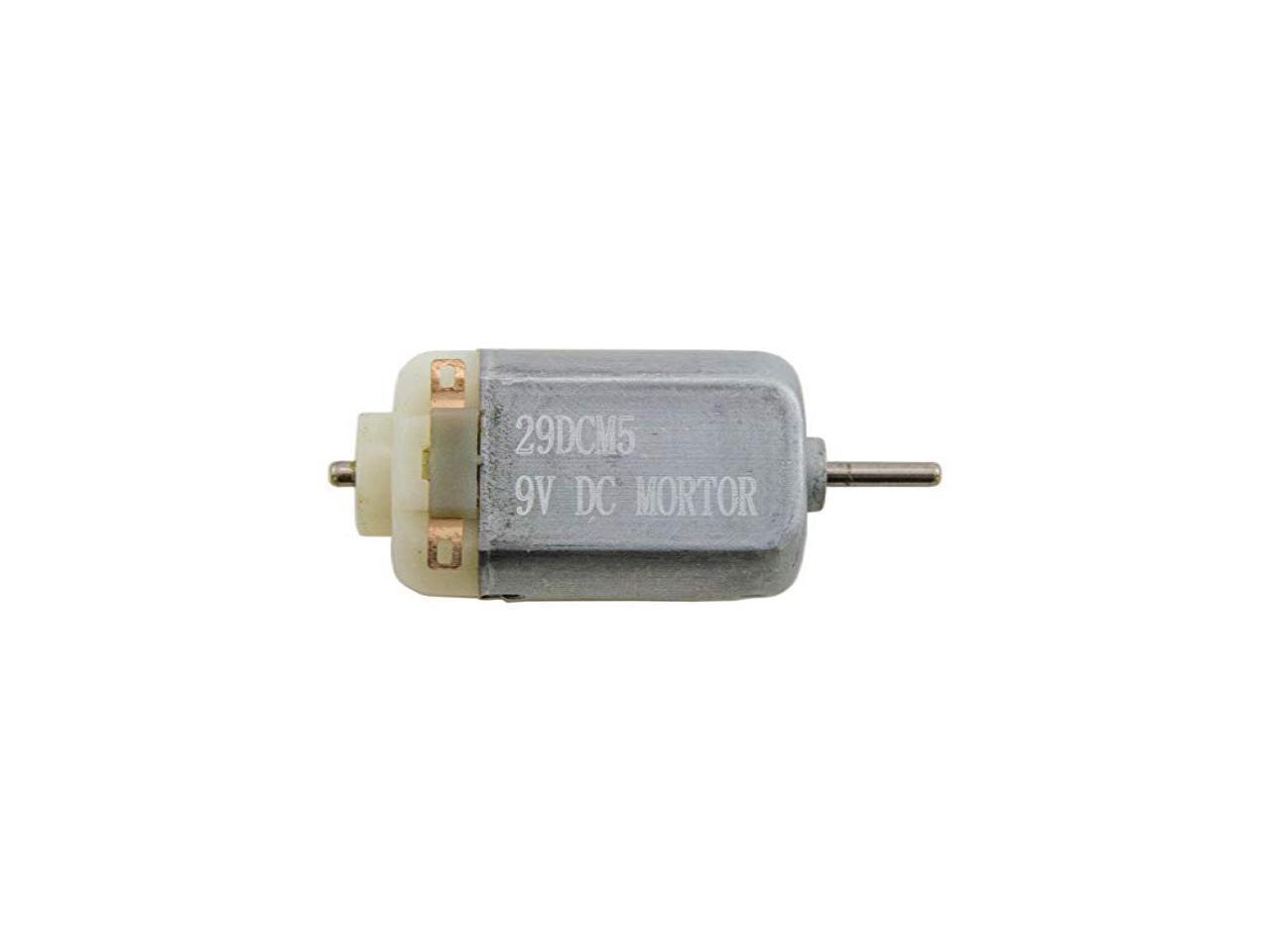
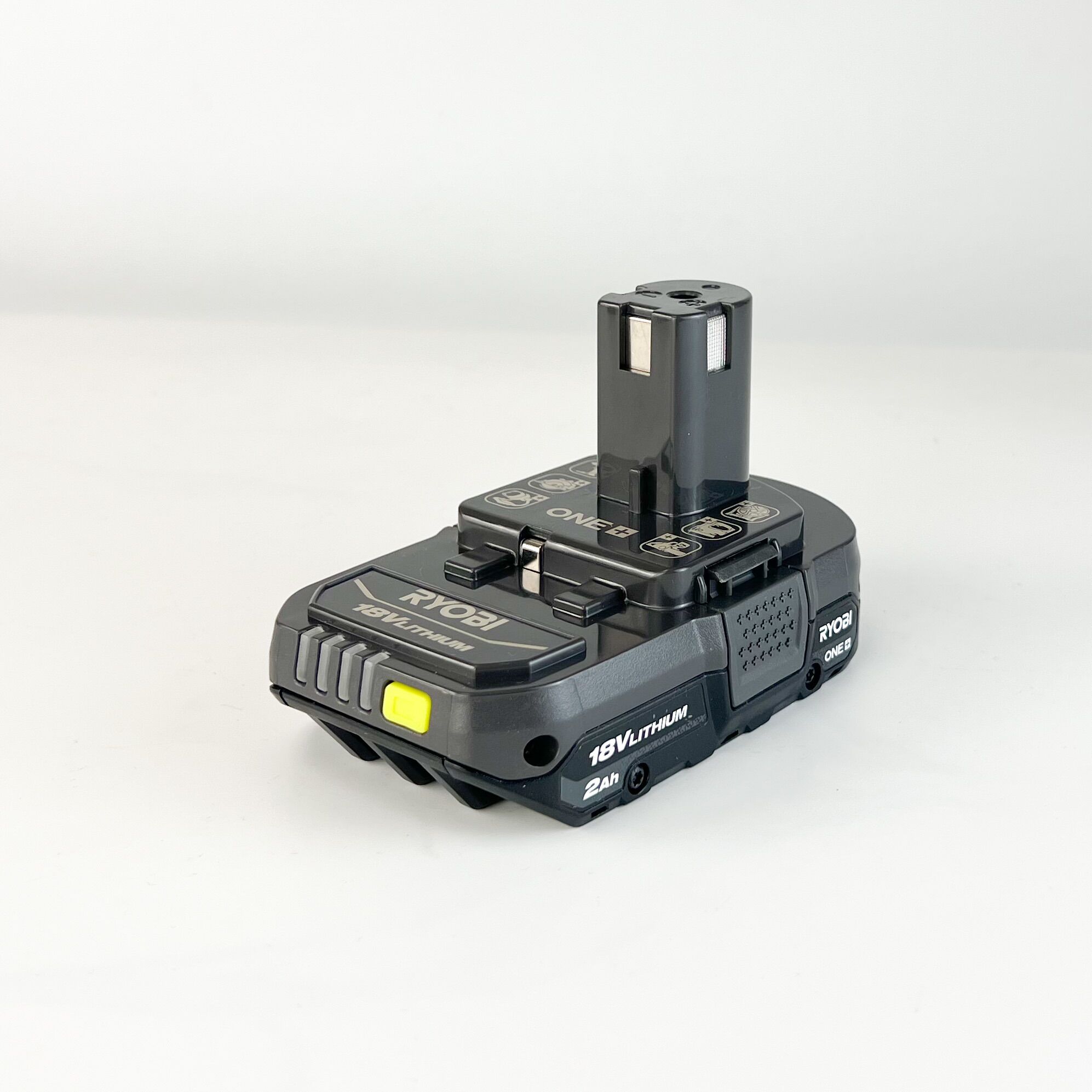
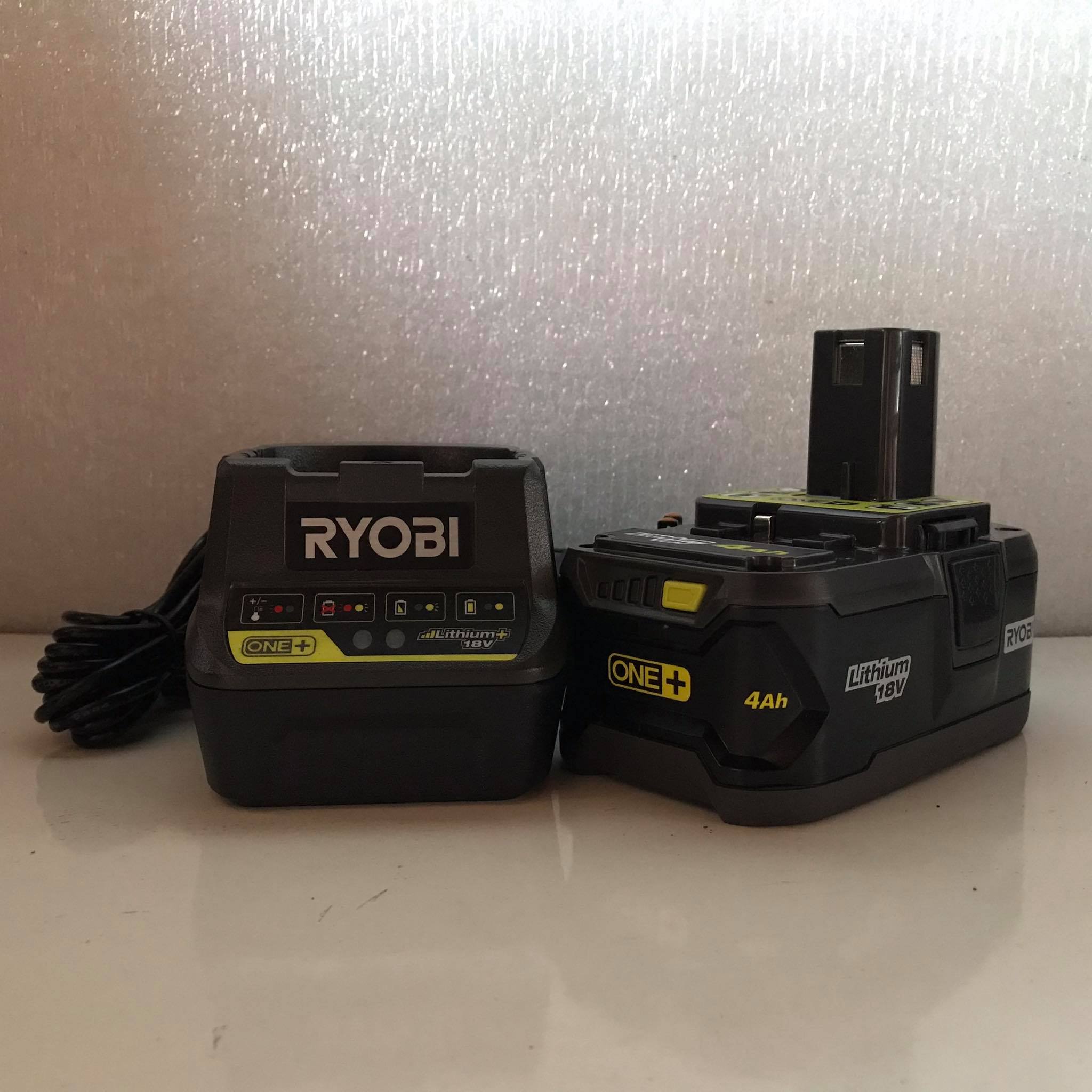
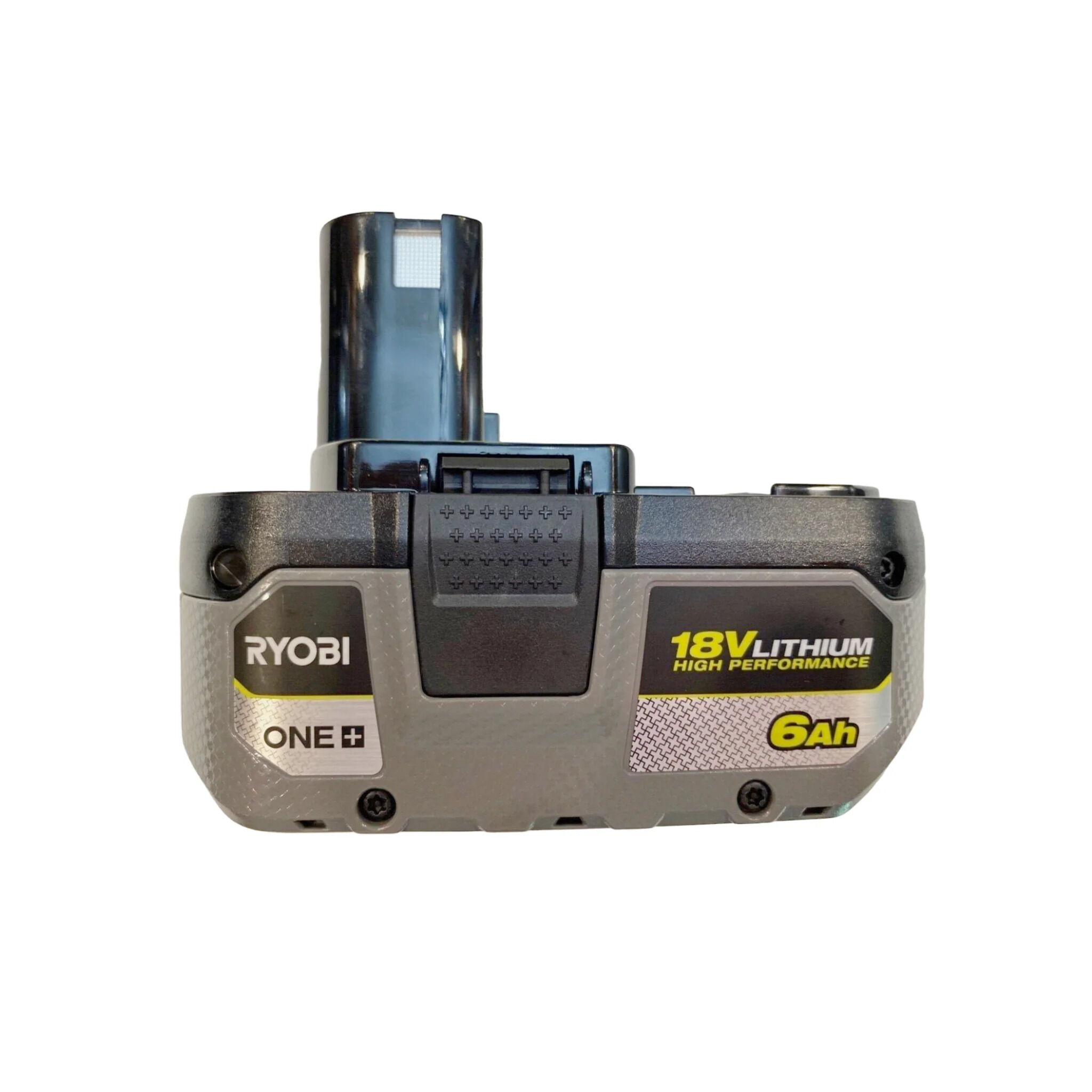
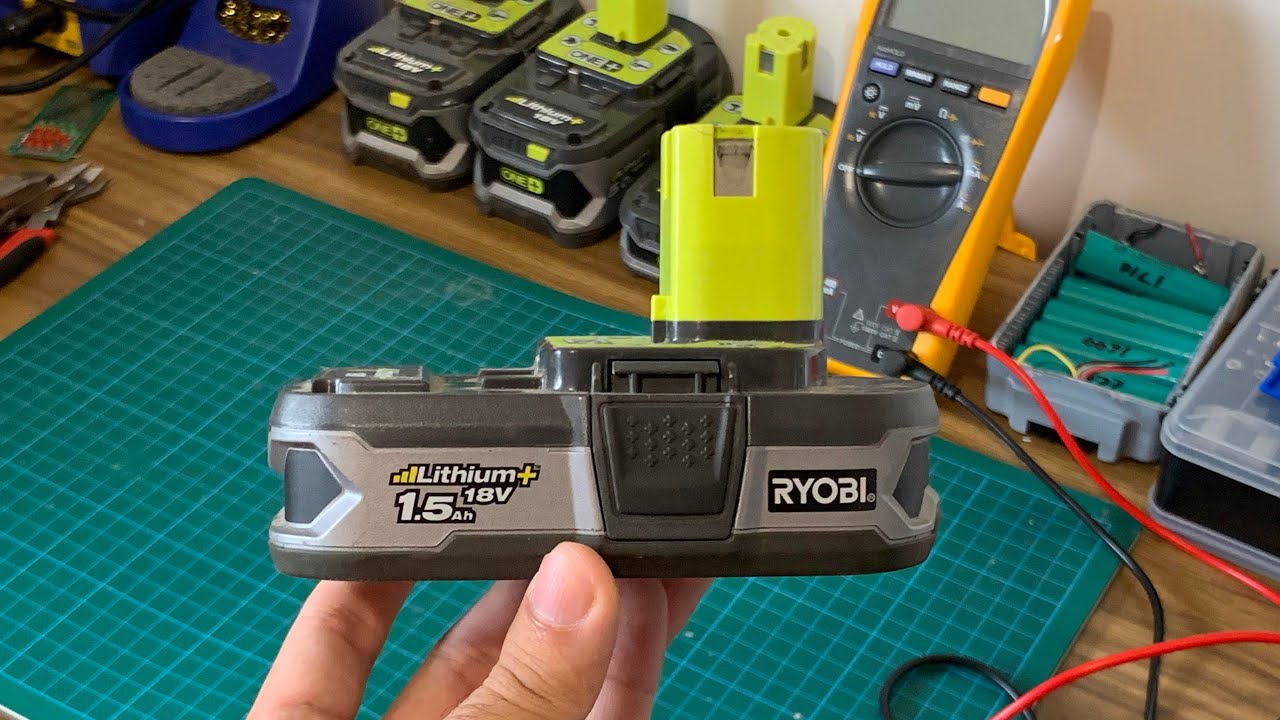
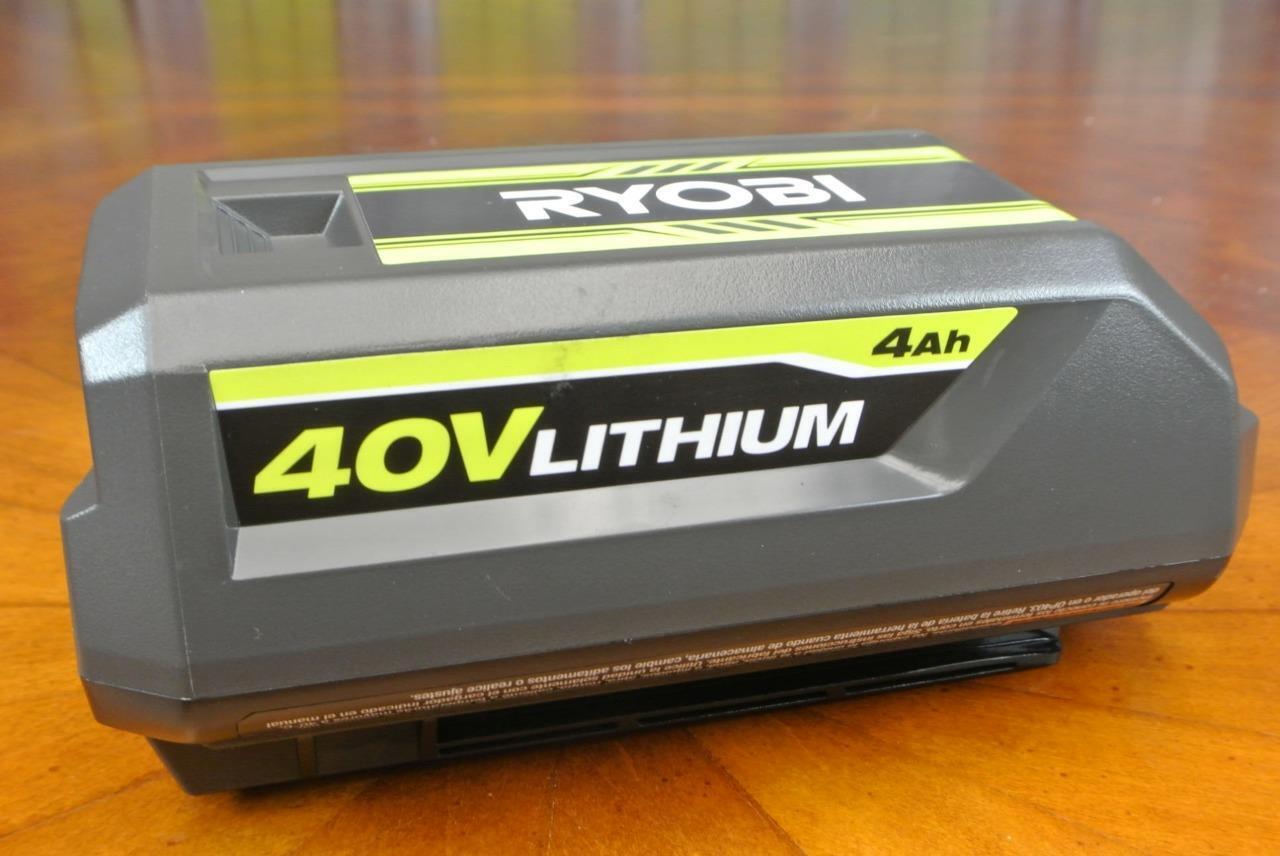
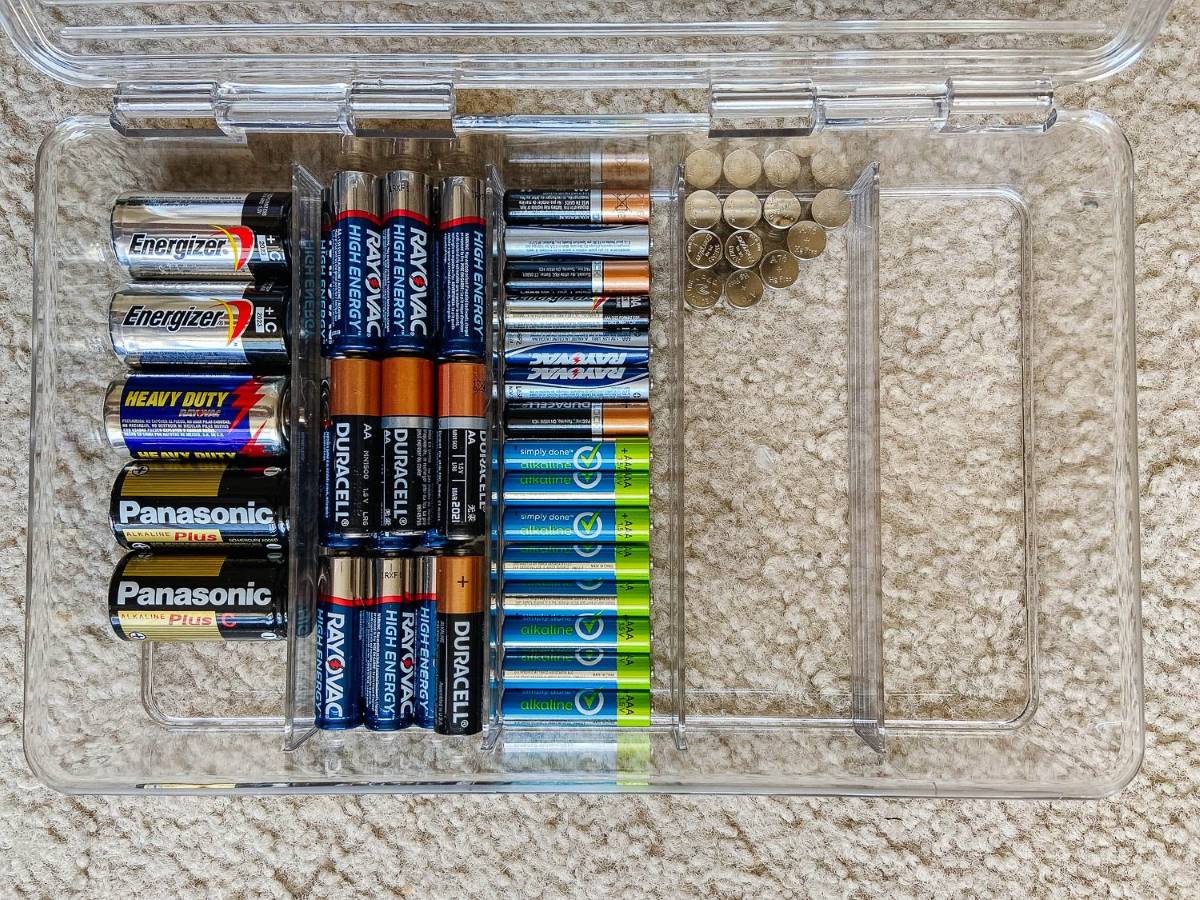
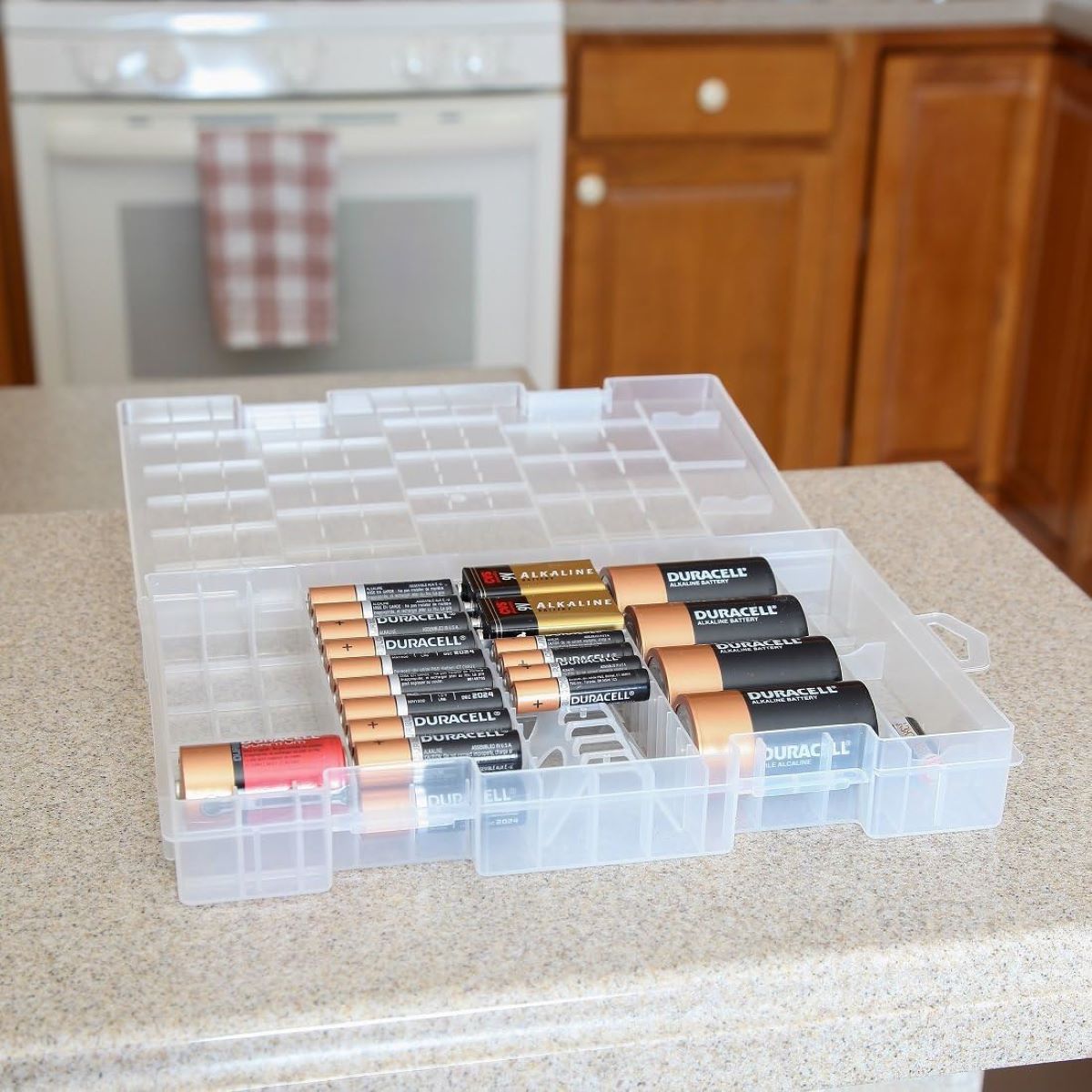
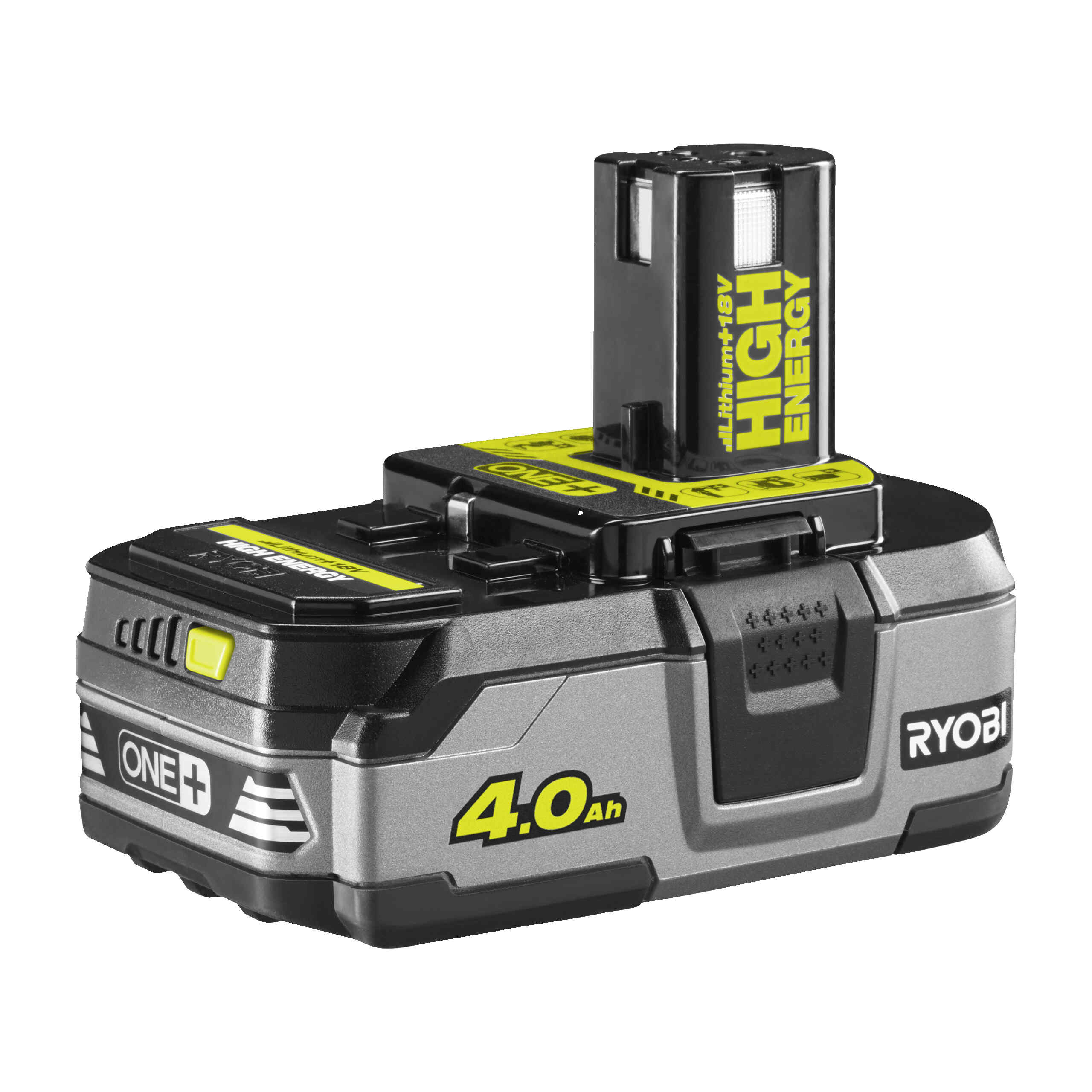
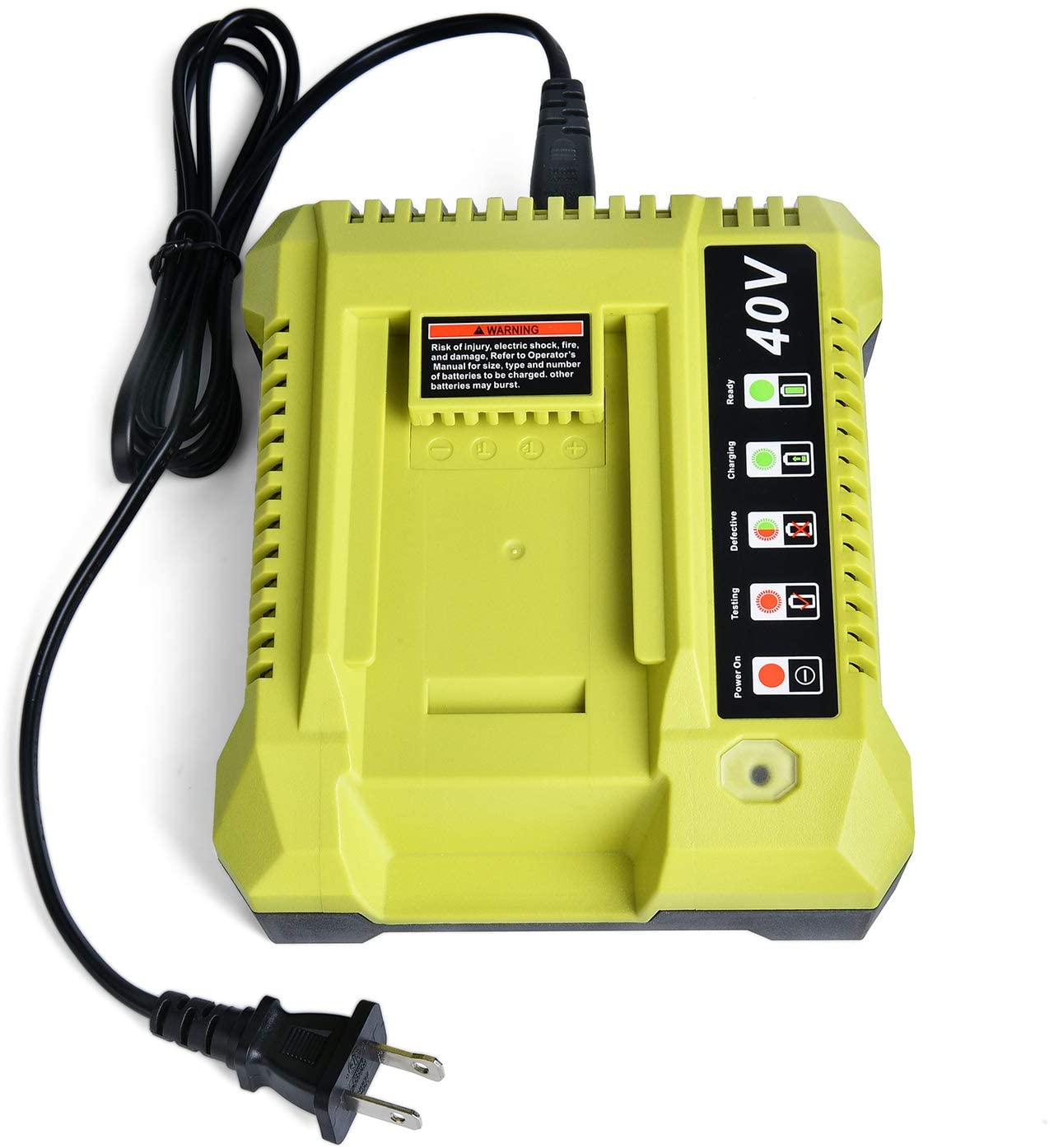


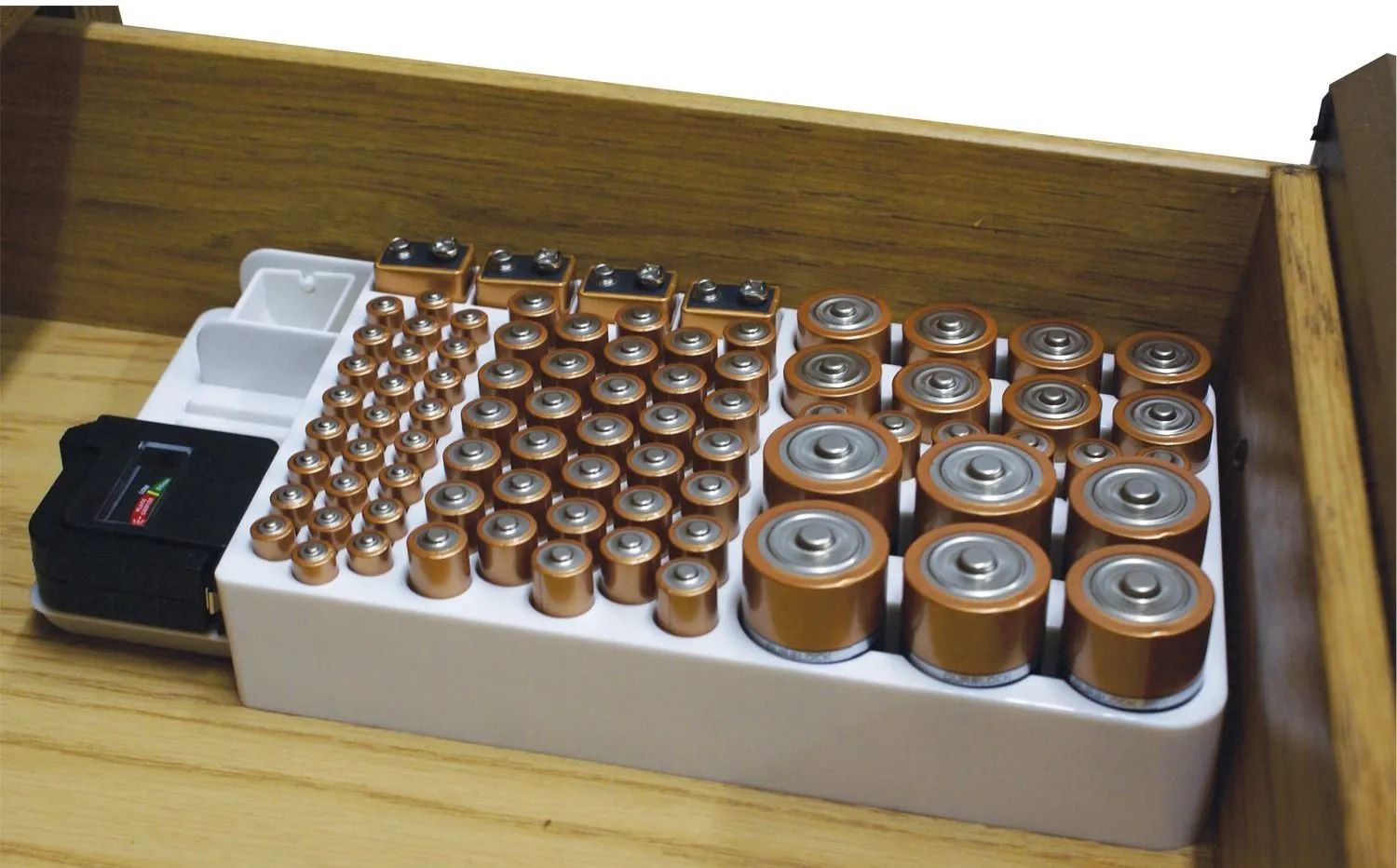

0 thoughts on “How To Store 9V Batteries”